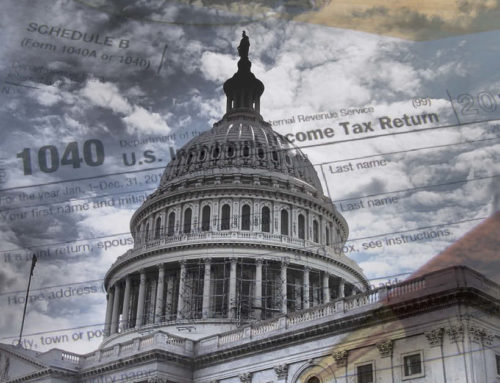Like most things, even bad budget deals can have some redeeming characteristics, so let's start with the good news about the Bipartisan Budget Act of 2013 announced by Rep. Paul Ryan, R-Wis., and Sen. Patty Murray, D-Wash., on Tuesday.
First, if enacted, it will likely prevent another wasteful and needless government shutdown. Second, the fact they came to a bipartisan agreement indicates that somewhere in Congress, some people have learned to listen, to negotiate, to compromise and move forward. Lastly, although paltry in the scheme of things and speculative, the Congressional Budget Office tells us that while increasing spending in the short-term, the bill would yield $22 billion in deficit reduction after 10 years.
It is important to give credit where credit is due and praise when warranted, and for both of these reasons, Ryan and Murray deserve our thanks for working together over the past several weeks and making a deal.
We were happy to see bipartisan agreement around reducing fraudulent use of Social Security numbers, a cap on the amount the federal government will reimburse for contractors' salaries (which, just to be clear, doesn't change what salaries contractors can be paid by their employers), adjusting the cost-of-living increases for working age military retirees and some acknowledgement that our debt and deficit woes can only be addressed both by cutting spending and adding new revenues.
That said, the deal is incredibly disappointing and a bad deal for taxpayers for a number of reasons. First, it uses 10 years of uncertain future revenues and spending cuts as an offset for spending increases over the next two years. In fact, more than half of the deficit reduction in this deal comes in 2022 and 2023. This is never a good idea, as we all know that anyone and particularly Congress can change their minds about future savings.
Second, while it does add some new revenues in the form of fee increases, the deal stopped short of tackling even the most indefensible tax expenditures. Whether it is the tax break for NASCAR track owners or some of the bigger tax breaks that benefit the oil and gas industry, there is plenty of clean up that can be done in the tax code before large scale tax reform (which we very much hope Congress will move forward with soon).
Along the same lines, the deal takes the pressure off the Pentagon, where some of the most significant and meaningful spending cuts can be made. Across the political spectrum there is agreement that thePentagon can still be strong while spending less money. Weapons systems are plagued by cost-overruns, decisions about military benefits from commissaries to health care rely more on inertia than evidence, and there are a lot of good ideas for how to reduce spending and not only keep us safe, but in fact make us safer. Taking the pressure off the Pentagon to reduce spending is a mistake.
Even if we assume the $22 billion in deficit reduction claimed in this deal materializes, there are much better and smarter ways to do it. Over the last two years at Taxpayers for Common Sense, we've worked hard to identify smart ways to reduce the deficit and debt long term. But even in the short term, we can come up with $100 billion in savings in just one year. And that's without budget tricks.
There are a few good things coming out of this deal, and that gives us hope for the future. On balance, I just wish Congress would reject this deal and come up with a better one. But more than anything else, this package just demonstrates what hard work it is to solve our fiscal challenges. Murray and Ryan should get back to work.










